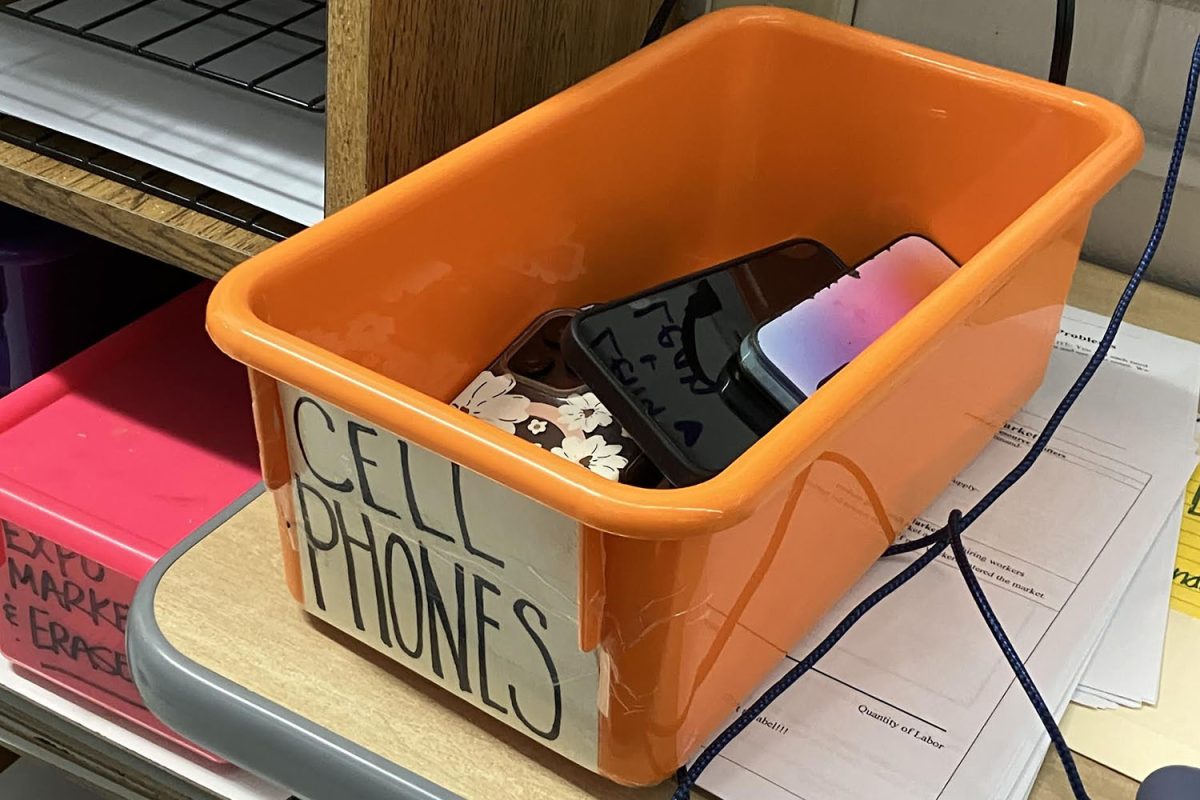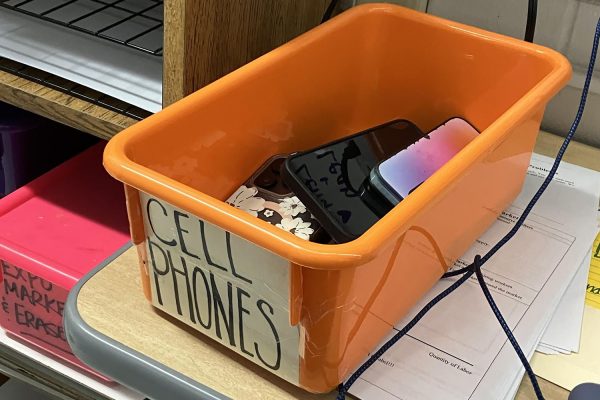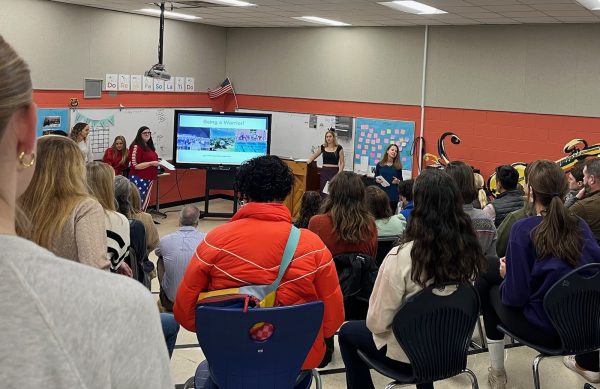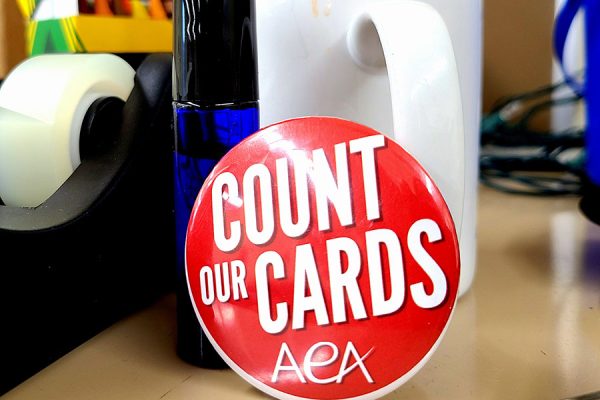What Happened to AP Tests at WAHS?
October 11, 2018
As many students have already heard, big changes are coming to how AP tests are administered at Western. College Board is testing these modifications, creatively named the 2018-19 AP Implementation, on 800 high schools in the United States, including WAHS. The three main changes include online registration, new deadlines and fees, and a class portal which teachers may use for their curricula. These features replace the pre-AP registration meetings given in spring, long-established and comparatively lenient deadlines and fees, and a smattering of online tools used by teachers as educational resources.
In previous years, students taking AP tests were required to attend an AP registration meeting to fill out their personal information and claim test labels for use on all of their exams. Now, College Board is using an online profile creator to simplify the process- students enter their information online and receive AP labels and response sheets before testing.
Another somewhat controversial change was made to registration deadlines and late/cancellation penalties for AP tests. Whereas in past years, the registration deadline for tests was in mid-spring, anyone planning on taking an AP test this year must reserve their tests by November 15th. Late registrations incur a $40 penalty, and those who wish to cancel registration for a test must also cough up a $40 fee.
Many students and parents are angered by these two changes, seen as a money-making strategy by College Board, because the fees are now higher than the $15 penalties of last year. However, senior students reap the brunt of the inconvenience because most will not know where they are headed to college the following year, and therefore will not know if their future college will grant credit for high scores on AP tests.
Senior student Jack Emery said he was not a fan of the earlier deadlines. “It’s too soon. It might be better for other classes, but for seniors, they don’t know if their college will accept their scores by the October deadline.” When asked of the general feeling among students to the new implementation, Emery said, “I’m not sure about underclassmen but most of the seniors think these changes are bad.” Gifted Education teacher Zoë Padron added on her weekly newsletter, “You can thank College Board’s insatiable desire for profit for this change, or their psychometrician who told them that when students register for the exam in the fall they are more inclined to to work harder in the class.”
School counselor and AP Coordinator Emily Barnes said of the negative viewpoints on the implementation, “While I understand the frustration that fall ordering causes for students since they haven’t been in the classroom for very long, I am hopeful that the additional resources and supports implemented by College Board will assist students in acquiring as much knowledge as possible to prepare students for their exams should they choose to test.”
College Board also defended the controversial decision in a statement to The Western Hemisphere. “More than half of the schools that participate in AP today essentially already do fall registration, either by asking students to commit to the exam in the first part of the year or requiring the exam as part of participation in the course… Educators at these schools report that this results in a higher level of student engagement in AP courses.”
The final change made by College Board was the introduction of “My AP,” an online portal where students can access class material and indicate their desire to take a test. Western already offers BlackBoard- a similar feature- and some teachers have their own solutions like Google Classroom or a personal website, but College Board hopes to unify AP class resources under a single, easy-to-use portal.
The company said the site was designed to help AP teachers provide students with “focused instruction” and “actionable feedback”. “AP students and teachers will benefit from the following resources throughout the year: an AP question bank, unit guides, personal progress checks, and a performance dashboard,” said College Board.
Though the 2018-19 AP Implementation is only being piloted at 800 schools this year, College Board plans to expand the changes to every high school for the 2019-20 school year. They are still determining deadlines and fees for the next school year, but expect that they will be similar to this year’s.
AP® is a trademark registered by the College Board, which is not affiliated with, and does not endorse, The Western Hemisphere.























